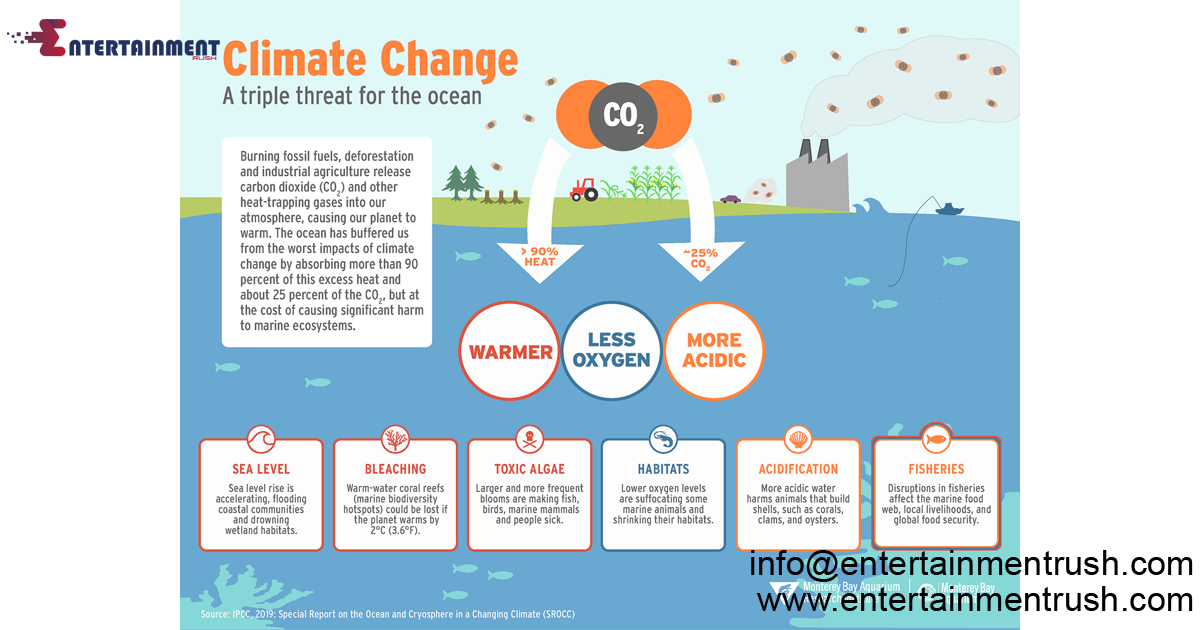Climate science is a multifaceted discipline that seeks to understand the complex interactions between the atmosphere, oceans, land surfaces, and biosphere. In the United States, scientists and researchers are at the forefront of investigating climate patterns and phenomena, aiming to unravel the mechanisms driving climate change and its impacts on both natural ecosystems and human societies.
Climate Patterns and Variability
The United States exhibits a diverse range of climate patterns due to its vast geography and varied terrain. From the humid subtropical climate of the Southeast to the arid desert climate of the Southwest, each region experiences unique weather patterns influenced by factors such as latitude, proximity to oceans, and elevation. Climate scientists utilize advanced modeling techniques and observational data to identify trends and variations in temperature, precipitation, and atmospheric conditions across different seasons and geographical locations.
Impacts of Climate Change
Climate change, driven primarily by human activities such as burning fossil fuels and deforestation, is causing significant shifts in global climate patterns. In the United States, the impacts of climate change are already being felt, with rising temperatures, changing precipitation patterns, and more frequent extreme weather events such as hurricanes, droughts, and wildfires. These changes pose serious risks to agriculture, water resources, coastal communities, and public health, highlighting the urgent need for mitigation and adaptation strategies.
Research and Innovation
Climate science research in the United States encompasses a wide range of disciplines, including atmospheric science, oceanography, ecology, and geology. Scientists use sophisticated tools such as satellite remote sensing, climate models, and field measurements to study atmospheric composition, ocean currents, ice dynamics, and ecosystem dynamics. This interdisciplinary approach fosters a comprehensive understanding of the Earth’s climate system and facilitates evidence-based policymaking and decision-making at local, national, and international levels.
Mitigation and Adaptation Strategies
To address the challenges posed by climate change, the United States is actively pursuing mitigation and adaptation strategies. This includes transitioning to renewable energy sources, improving energy efficiency, restoring ecosystems, and implementing policies to reduce greenhouse gas emissions. Additionally, communities are developing resilience plans to cope with climate-related risks and protect vulnerable populations from the impacts of extreme weather events.
Public Engagement and Education
Public engagement and education are essential components of climate science initiatives in the United States. Scientists, educators, and advocacy groups collaborate to raise awareness about climate change, dispel misinformation, and promote sustainable practices. Educational programs in schools, museums, and community centers empower individuals to take informed actions to mitigate climate change and foster a culture of environmental stewardship.
International Collaboration
Addressing climate change requires global cooperation and collaboration. The United States participates in international agreements such as the Paris Agreement to collectively reduce greenhouse gas emissions and limit global warming. Scientists collaborate across borders to share data, methodologies, and best practices, advancing our understanding of climate dynamics and facilitating coordinated responses to climate-related challenges. Exploring the science of climate in the United States is an ongoing journey of discovery and innovation. By investigating climate patterns and phenomena, scientists are not only unraveling the complexities of our planet’s climate system but also informing policies and actions that can safeguard our environment and livelihoods. As we navigate the impacts of climate change, a concerted effort is needed to prioritize science-based solutions, promote sustainable practices, and foster resilience in the face of a changing climate. Together, we can pave the way towards a more sustainable future for generations to come.




Leave feedback about this